最近做项目, 硬件端 需要 用 cityhash 编译一个 动态库 提供给移动端使用,l
记录一下 编译过程
city .cpp
//
// Created by Administrator on 2023/12/12.
//
// Copyright (c) 2011 Google, Inc.
//
// Permission is hereby granted, free of charge, to any person obtaining a copy
// of this software and associated documentation files (the "Software"), to deal
// in the Software without restriction, including without limitation the rights
// to use, copy, modify, merge, publish, distribute, sublicense, and/or sell
// copies of the Software, and to permit persons to whom the Software is
// furnished to do so, subject to the following conditions:
//
// The above copyright notice and this permission notice shall be included in
// all copies or substantial portions of the Software.
//
// THE SOFTWARE IS PROVIDED "AS IS", WITHOUT WARRANTY OF ANY KIND, EXPRESS OR
// IMPLIED, INCLUDING BUT NOT LIMITED TO THE WARRANTIES OF MERCHANTABILITY,
// FITNESS FOR A PARTICULAR PURPOSE AND NONINFRINGEMENT. IN NO EVENT SHALL THE
// AUTHORS OR COPYRIGHT HOLDERS BE LIABLE FOR ANY CLAIM, DAMAGES OR OTHER
// LIABILITY, WHETHER IN AN ACTION OF CONTRACT, TORT OR OTHERWISE, ARISING FROM,
// OUT OF OR IN CONNECTION WITH THE SOFTWARE OR THE USE OR OTHER DEALINGS IN
// THE SOFTWARE.
//
// CityHash, by Geoff Pike and Jyrki Alakuijala
//
// This file provides CityHash64() and related functions.
//
// It's probably possible to create even faster hash functions by
// writing a program that systematically explores some of the space of
// possible hash functions, by using SIMD instructions, or by
// compromising on hash quality.
#include "city.h"
#include <algorithm>
/*#include <string.h>*/
#include "string.h"
using namespace std;
static uint64 UNALIGNED_LOAD64(const char *p) {
uint64 result;
memcpy(&result, p, sizeof(result));
return result;
}
static uint32 UNALIGNED_LOAD32(const char *p) {
uint32 result;
memcpy(&result, p, sizeof(result));
return result;
}
#ifndef __BIG_ENDIAN__
#define uint32_in_expected_order(x) (x)
#define uint64_in_expected_order(x) (x)
#else
#ifdef _MSC_VER
#include <stdlib.h>
#define bswap_32(x) _byteswap_ulong(x)
#define bswap_64(x) _byteswap_uint64(x)
#elif defined(__APPLE__)
// Mac OS X / Darwin features
#include <libkern/OSByteOrder.h>
#define bswap_32(x) OSSwapInt32(x)
#define bswap_64(x) OSSwapInt64(x)
#else
#include <byteswap.h>
#endif
#define uint32_in_expected_order(x) (bswap_32(x))
#define uint64_in_expected_order(x) (bswap_64(x))
#endif // __BIG_ENDIAN__
#if !defined(LIKELY)
#if defined(__GNUC__) || defined(__INTEL_COMPILER)
#define LIKELY(x) (__builtin_expect(!!(x), 1))
#else
#define LIKELY(x) (x)
#endif
#endif
static uint64 Fetch64(const char *p) {
return uint64_in_expected_order(UNALIGNED_LOAD64(p));
}
static uint32 Fetch32(const char *p) {
return uint32_in_expected_order(UNALIGNED_LOAD32(p));
}
// Some primes between 2^63 and 2^64 for various uses.
static const uint64 k0 = 0xc3a5c85c97cb3127ULL;
static const uint64 k1 = 0xb492b66fbe98f273ULL;
static const uint64 k2 = 0x9ae16a3b2f90404fULL;
static const uint64 k3 = 0xc949d7c7509e6557ULL;
// Bitwise right rotate. Normally this will compile to a single
// instruction, especially if the shift is a manifest constant.
static uint64 Rotate(uint64 val, int shift) {
// Avoid shifting by 64: doing so yields an undefined result.
return shift == 0 ? val : ((val >> shift) | (val << (64 - shift)));
}
// Equivalent to Rotate(), but requires the second arg to be non-zero.
// On x86-64, and probably others, it's possible for this to compile
// to a single instruction if both args are already in registers.
static uint64 RotateByAtLeast1(uint64 val, int shift) {
return (val >> shift) | (val << (64 - shift));
}
static uint64 ShiftMix(uint64 val) {
return val ^ (val >> 47);
}
static uint64 HashLen16(uint64 u, uint64 v) {
return Hash128to64(uint128(u, v));
}
static uint64 HashLen0to16(const char *s, size_t len) {
if (len > 8) {
uint64 a = Fetch64(s);
uint64 b = Fetch64(s + len - 8);
return HashLen16(a, RotateByAtLeast1(b + len, len)) ^ b;
}
if (len >= 4) {
uint64 a = Fetch32(s);
return HashLen16(len + (a << 3), Fetch32(s + len - 4));
}
if (len > 0) {
uint8 a = s[0];
uint8 b = s[len >> 1];
uint8 c = s[len - 1];
uint32 y = static_cast<uint32>(a) + (static_cast<uint32>(b) << 8);
uint32 z = len + (static_cast<uint32>(c) << 2);
return ShiftMix(y * k2 ^ z * k3) * k2;
}
return k2;
}
// This probably works well for 16-byte strings as well, but it may be overkill
// in that case.
static uint64 HashLen17to32(const char *s, size_t len) {
uint64 a = Fetch64(s) * k1;
uint64 b = Fetch64(s + 8);
uint64 c = Fetch64(s + len - 8) * k2;
uint64 d = Fetch64(s + len - 16) * k0;
return HashLen16(Rotate(a - b, 43) + Rotate(c, 30) + d,
a + Rotate(b ^ k3, 20) - c + len);
}
// Return a 16-byte hash for 48 bytes. Quick and dirty.
// Callers do best to use "random-looking" values for a and b.
static pair<uint64, uint64> WeakHashLen32WithSeeds(
uint64 w, uint64 x, uint64 y, uint64 z, uint64 a, uint64 b) {
a += w;
b = Rotate(b + a + z, 21);
uint64 c = a;
a += x;
a += y;
b += Rotate(a, 44);
return make_pair(a + z, b + c);
}
// Return a 16-byte hash for s[0] ... s[31], a, and b. Quick and dirty.
static pair<uint64, uint64> WeakHashLen32WithSeeds(
const char* s, uint64 a, uint64 b) {
return WeakHashLen32WithSeeds(Fetch64(s),
Fetch64(s + 8),
Fetch64(s + 16),
Fetch64(s + 24),
a,
b);
}
// Return an 8-byte hash for 33 to 64 bytes.
static uint64 HashLen33to64(const char *s, size_t len) {
uint64 z = Fetch64(s + 24);
uint64 a = Fetch64(s) + (len + Fetch64(s + len - 16)) * k0;
uint64 b = Rotate(a + z, 52);
uint64 c = Rotate(a, 37);
a += Fetch64(s + 8);
c += Rotate(a, 7);
a += Fetch64(s + 16);
uint64 vf = a + z;
uint64 vs = b + Rotate(a, 31) + c;
a = Fetch64(s + 16) + Fetch64(s + len - 32);
z = Fetch64(s + len - 8);
b = Rotate(a + z, 52);
c = Rotate(a, 37);
a += Fetch64(s + len - 24);
c += Rotate(a, 7);
a += Fetch64(s + len - 16);
uint64 wf = a + z;
uint64 ws = b + Rotate(a, 31) + c;
uint64 r = ShiftMix((vf + ws) * k2 + (wf + vs) * k0);
return ShiftMix(r * k0 + vs) * k2;
}
uint64 CityHash64(const char *s, size_t len) {
if (len <= 32) {
if (len <= 16) {
return HashLen0to16(s, len);
} else {
return HashLen17to32(s, len);
}
} else if (len <= 64) {
return HashLen33to64(s, len);
}
// For strings over 64 bytes we hash the end first, and then as we
// loop we keep 56 bytes of state: v, w, x, y, and z.
uint64 x = Fetch64(s + len - 40);
uint64 y = Fetch64(s + len - 16) + Fetch64(s + len - 56);
uint64 z = HashLen16(Fetch64(s + len - 48) + len, Fetch64(s + len - 24));
pair<uint64, uint64> v = WeakHashLen32WithSeeds(s + len - 64, len, z);
pair<uint64, uint64> w = WeakHashLen32WithSeeds(s + len - 32, y + k1, x);
x = x * k1 + Fetch64(s);
// Decrease len to the nearest multiple of 64, and operate on 64-byte chunks.
len = (len - 1) & ~static_cast<size_t>(63);
do {
x = Rotate(x + y + v.first + Fetch64(s + 8), 37) * k1;
y = Rotate(y + v.second + Fetch64(s + 48), 42) * k1;
x ^= w.second;
y += v.first + Fetch64(s + 40);
z = Rotate(z + w.first, 33) * k1;
v = WeakHashLen32WithSeeds(s, v.second * k1, x + w.first);
w = WeakHashLen32WithSeeds(s + 32, z + w.second, y + Fetch64(s + 16));
std::swap(z, x);
s += 64;
len -= 64;
} while (len != 0);
return HashLen16(HashLen16(v.first, w.first) + ShiftMix(y) * k1 + z,
HashLen16(v.second, w.second) + x);
}
uint64 CityHash64WithSeed(const char *s, size_t len, uint64 seed) {
return CityHash64WithSeeds(s, len, k2, seed);
}
uint64 CityHash64WithSeeds(const char *s, size_t len,
uint64 seed0, uint64 seed1) {
return HashLen16(CityHash64(s, len) - seed0, seed1);
}
// A subroutine for CityHash128(). Returns a decent 128-bit hash for strings
// of any length representable in signed long. Based on City and Murmur.
static uint128 CityMurmur(const char *s, size_t len, uint128 seed) {
uint64 a = Uint128Low64(seed);
uint64 b = Uint128High64(seed);
uint64 c = 0;
uint64 d = 0;
signed long l = len - 16;
if (l <= 0) { // len <= 16
a = ShiftMix(a * k1) * k1;
c = b * k1 + HashLen0to16(s, len);
d = ShiftMix(a + (len >= 8 ? Fetch64(s) : c));
} else { // len > 16
c = HashLen16(Fetch64(s + len - 8) + k1, a);
d = HashLen16(b + len, c + Fetch64(s + len - 16));
a += d;
do {
a ^= ShiftMix(Fetch64(s) * k1) * k1;
a *= k1;
b ^= a;
c ^= ShiftMix(Fetch64(s + 8) * k1) * k1;
c *= k1;
d ^= c;
s += 16;
l -= 16;
} while (l > 0);
}
a = HashLen16(a, c);
b = HashLen16(d, b);
return uint128(a ^ b, HashLen16(b, a));
}
uint128 CityHash128WithSeed(const char *s, size_t len, uint128 seed) {
if (len < 128) {
return CityMurmur(s, len, seed);
}
// We expect len >= 128 to be the common case. Keep 56 bytes of state:
// v, w, x, y, and z.
pair<uint64, uint64> v, w;
uint64 x = Uint128Low64(seed);
uint64 y = Uint128High64(seed);
uint64 z = len * k1;
v.first = Rotate(y ^ k1, 49) * k1 + Fetch64(s);
v.second = Rotate(v.first, 42) * k1 + Fetch64(s + 8);
w.first = Rotate(y + z, 35) * k1 + x;
w.second = Rotate(x + Fetch64(s + 88), 53) * k1;
// This is the same inner loop as CityHash64(), manually unrolled.
do {
x = Rotate(x + y + v.first + Fetch64(s + 8), 37) * k1;
y = Rotate(y + v.second + Fetch64(s + 48), 42) * k1;
x ^= w.second;
y += v.first + Fetch64(s + 40);
z = Rotate(z + w.first, 33) * k1;
v = WeakHashLen32WithSeeds(s, v.second * k1, x + w.first);
w = WeakHashLen32WithSeeds(s + 32, z + w.second, y + Fetch64(s + 16));
std::swap(z, x);
s += 64;
x = Rotate(x + y + v.first + Fetch64(s + 8), 37) * k1;
y = Rotate(y + v.second + Fetch64(s + 48), 42) * k1;
x ^= w.second;
y += v.first + Fetch64(s + 40);
z = Rotate(z + w.first, 33) * k1;
v = WeakHashLen32WithSeeds(s, v.second * k1, x + w.first);
w = WeakHashLen32WithSeeds(s + 32, z + w.second, y + Fetch64(s + 16));
std::swap(z, x);
s += 64;
len -= 128;
} while (LIKELY(len >= 128));
x += Rotate(v.first + z, 49) * k0;
z += Rotate(w.first, 37) * k0;
// If 0 < len < 128, hash up to 4 chunks of 32 bytes each from the end of s.
for (size_t tail_done = 0; tail_done < len; ) {
tail_done += 32;
y = Rotate(x + y, 42) * k0 + v.second;
w.first += Fetch64(s + len - tail_done + 16);
x = x * k0 + w.first;
z += w.second + Fetch64(s + len - tail_done);
w.second += v.first;
v = WeakHashLen32WithSeeds(s + len - tail_done, v.first + z, v.second);
}
// At this point our 56 bytes of state should contain more than
// enough information for a strong 128-bit hash. We use two
// different 56-byte-to-8-byte hashes to get a 16-byte final result.
x = HashLen16(x, v.first);
y = HashLen16(y + z, w.first);
return uint128(HashLen16(x + v.second, w.second) + y,
HashLen16(x + w.second, y + v.second));
}
uint128 CityHash128(const char *s, size_t len) {
if (len >= 16) {
return CityHash128WithSeed(s + 16,
len - 16,
uint128(Fetch64(s) ^ k3,
Fetch64(s + 8)));
} else if (len >= 8) {
return CityHash128WithSeed(NULL,
0,
uint128(Fetch64(s) ^ (len * k0),
Fetch64(s + len - 8) ^ k1));
} else {
return CityHash128WithSeed(s, len, uint128(k0, k1));
}
}
#if defined(__SSE4_2__) && defined(__x86_64__)
#include <nmmintrin.h>
// Requires len >= 240.
static void CityHashCrc256Long(const char *s, size_t len,
uint32 seed, uint64 *result) {
uint64 a = Fetch64(s + 56) + k0;
uint64 b = Fetch64(s + 96) + k0;
uint64 c = result[0] = HashLen16(b, len);
uint64 d = result[1] = Fetch64(s + 120) * k0 + len;
uint64 e = Fetch64(s + 184) + seed;
uint64 f = seed;
uint64 g = 0;
uint64 h = 0;
uint64 i = 0;
uint64 j = 0;
uint64 t = c + d;
// 240 bytes of input per iter.
size_t iters = len / 240;
len -= iters * 240;
do {
#define CHUNK(multiplier, z) \
{ \
uint64 old_a = a; \
a = Rotate(b, 41 ^ z) * multiplier + Fetch64(s); \
b = Rotate(c, 27 ^ z) * multiplier + Fetch64(s + 8); \
c = Rotate(d, 41 ^ z) * multiplier + Fetch64(s + 16); \
d = Rotate(e, 33 ^ z) * multiplier + Fetch64(s + 24); \
e = Rotate(t, 25 ^ z) * multiplier + Fetch64(s + 32); \
t = old_a; \
} \
f = _mm_crc32_u64(f, a); \
g = _mm_crc32_u64(g, b); \
h = _mm_crc32_u64(h, c); \
i = _mm_crc32_u64(i, d); \
j = _mm_crc32_u64(j, e); \
s += 40
CHUNK(1, 1); CHUNK(k0, 0);
CHUNK(1, 1); CHUNK(k0, 0);
CHUNK(1, 1); CHUNK(k0, 0);
} while (--iters > 0);
while (len >= 40) {
CHUNK(k0, 0);
len -= 40;
}
if (len > 0) {
s = s + len - 40;
CHUNK(k0, 0);
}
j += i << 32;
a = HashLen16(a, j);
h += g << 32;
b += h;
c = HashLen16(c, f) + i;
d = HashLen16(d, e + result[0]);
j += e;
i += HashLen16(h, t);
e = HashLen16(a, d) + j;
f = HashLen16(b, c) + a;
g = HashLen16(j, i) + c;
result[0] = e + f + g + h;
a = ShiftMix((a + g) * k0) * k0 + b;
result[1] += a + result[0];
a = ShiftMix(a * k0) * k0 + c;
result[2] = a + result[1];
a = ShiftMix((a + e) * k0) * k0;
result[3] = a + result[2];
}
// Requires len < 240.
static void CityHashCrc256Short(const char *s, size_t len, uint64 *result) {
char buf[240];
memcpy(buf, s, len);
memset(buf + len, 0, 240 - len);
CityHashCrc256Long(buf, 240, ~static_cast<uint32>(len), result);
}
void CityHashCrc256(const char *s, size_t len, uint64 *result) {
if (LIKELY(len >= 240)) {
CityHashCrc256Long(s, len, 0, result);
} else {
CityHashCrc256Short(s, len, result);
}
}
uint128 CityHashCrc128WithSeed(const char *s, size_t len, uint128 seed) {
if (len <= 900) {
return CityHash128WithSeed(s, len, seed);
} else {
uint64 result[4];
CityHashCrc256(s, len, result);
uint64 u = Uint128High64(seed) + result[0];
uint64 v = Uint128Low64(seed) + result[1];
return uint128(HashLen16(u, v + result[2]),
HashLen16(Rotate(v, 32), u * k0 + result[3]));
}
}
}
#endif
city.h 头文件
// Created by Administrator on 2023/12/12.
//
// Copyright (c) 2011 Google, Inc.
//
// Permission is hereby granted, free of charge, to any person obtaining a copy
// of this software and associated documentation files (the "Software"), to deal
// in the Software without restriction, including without limitation the rights
// to use, copy, modify, merge, publish, distribute, sublicense, and/or sell
// copies of the Software, and to permit persons to whom the Software is
// furnished to do so, subject to the following conditions:
//
// The above copyright notice and this permission notice shall be included in
// all copies or substantial portions of the Software.
//
// THE SOFTWARE IS PROVIDED "AS IS", WITHOUT WARRANTY OF ANY KIND, EXPRESS OR
// IMPLIED, INCLUDING BUT NOT LIMITED TO THE WARRANTIES OF MERCHANTABILITY,
// FITNESS FOR A PARTICULAR PURPOSE AND NONINFRINGEMENT. IN NO EVENT SHALL THE
// AUTHORS OR COPYRIGHT HOLDERS BE LIABLE FOR ANY CLAIM, DAMAGES OR OTHER
// LIABILITY, WHETHER IN AN ACTION OF CONTRACT, TORT OR OTHERWISE, ARISING FROM,
// OUT OF OR IN CONNECTION WITH THE SOFTWARE OR THE USE OR OTHER DEALINGS IN
// THE SOFTWARE.
//
// CityHash, by Geoff Pike and Jyrki Alakuijala
//
// This file provides a few functions for hashing strings. On x86-64
// hardware in 2011, CityHash64() is faster than other high-quality
// hash functions, such as Murmur. This is largely due to higher
// instruction-level parallelism. CityHash64() and CityHash128() also perform
// well on hash-quality tests.
//
// CityHash128() is optimized for relatively long strings and returns
// a 128-bit hash. For strings more than about 2000 bytes it can be
// faster than CityHash64().
//
// Functions in the CityHash family are not suitable for cryptography.
//
// WARNING: This code has not been tested on big-endian platforms!
// It is known to work well on little-endian platforms that have a small penalty
// for unaligned reads, such as current Intel and AMD moderate-to-high-end CPUs.
//
// By the way, for some hash functions, given strings a and b, the hash
// of a+b is easily derived from the hashes of a and b. This property
// doesn't hold for any hash functions in this file.
#ifndef CITY_HASH_H_
#define CITY_HASH_H_
#include <stdlib.h> // for size_t.
#include <utility>
// Microsoft Visual Studio may not have stdint.h.
#if defined(_MSC_VER) && (_MSC_VER < 1600)
typedef unsigned char uint8_t;
typedef unsigned int uint32_t;
typedef unsigned __int64 uint64_t;
#else // defined(_MSC_VER)
#include <stdint.h>
#endif // !defined(_MSC_VER)
typedef uint8_t uint8;
typedef uint32_t uint32;
typedef uint64_t uint64;
typedef std::pair<uint64, uint64> uint128;
inline uint64 Uint128Low64(const uint128& x) { return x.first; }
inline uint64 Uint128High64(const uint128& x) { return x.second; }
// Hash function for a byte array.
uint64 CityHash64(const char *buf, size_t len);
// Hash function for a byte array. For convenience, a 64-bit seed is also
// hashed into the result.
uint64 CityHash64WithSeed(const char *buf, size_t len, uint64 seed);
// Hash function for a byte array. For convenience, two seeds are also
// hashed into the result.
uint64 CityHash64WithSeeds(const char *buf, size_t len,
uint64 seed0, uint64 seed1);
// Hash function for a byte array.
uint128 CityHash128(const char *s, size_t len);
// Hash function for a byte array. For convenience, a 128-bit seed is also
// hashed into the result.
uint128 CityHash128WithSeed(const char *s, size_t len, uint128 seed);
// Hash 128 input bits down to 64 bits of output.
// This is intended to be a reasonably good hash function.
inline uint64 Hash128to64(const uint128& x) {
// Murmur-inspired hashing.
const uint64 kMul = 0x9ddfea08eb382d69ULL;
uint64 a = (Uint128Low64(x) ^ Uint128High64(x)) * kMul;
a ^= (a >> 47);
uint64 b = (Uint128High64(x) ^ a) * kMul;
b ^= (b >> 47);
b *= kMul;
return b;
}
// Conditionally include declarations for versions of City that require SSE4.2
// instructions to be available.
#if defined(__SSE4_2__) && defined(__x86_64__)
// Hash function for a byte array.
uint128 CityHashCrc128(const char *s, size_t len);
// Hash function for a byte array. For convenience, a 128-bit seed is also
// hashed into the result.
uint128 CityHashCrc128WithSeed(const char *s, size_t len, uint128 seed);
// Hash function for a byte array. Sets result[0] ... result[3].
void CityHashCrc256(const char *s, size_t len, uint64 *result);
#endif // __SSE4_2__
#endif // CITY_HASH_H_
在这里插入代码片
我在vs 编译一下
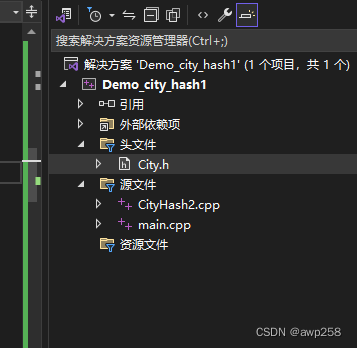
 编译通过
编译通过
直接移植到Android 上
 调用
调用
byte[] byteArray ={(byte) 0x8E, (byte) 0xE8,(byte)0x6D, (byte) 0xD6};
String result1 = googleCity.getCityCode(byteArray);
tv.setText(result1+"");
在这里插入代码片
```搞定
需要代码的小伙伴 点击这里:







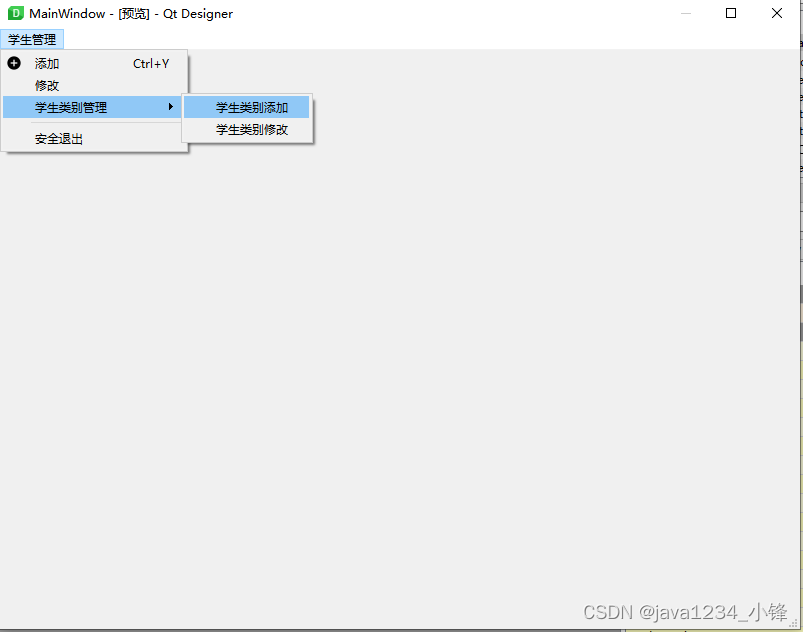


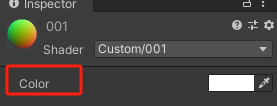
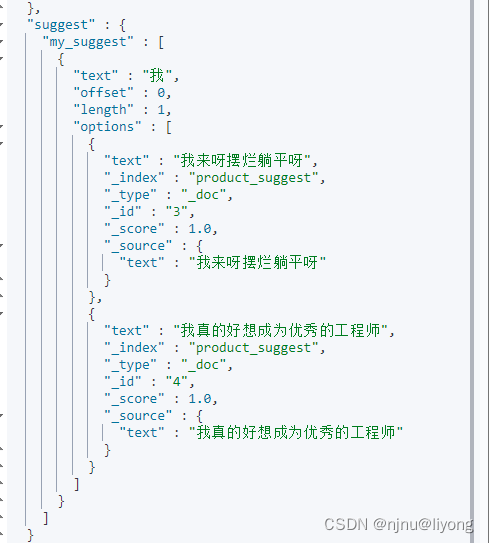
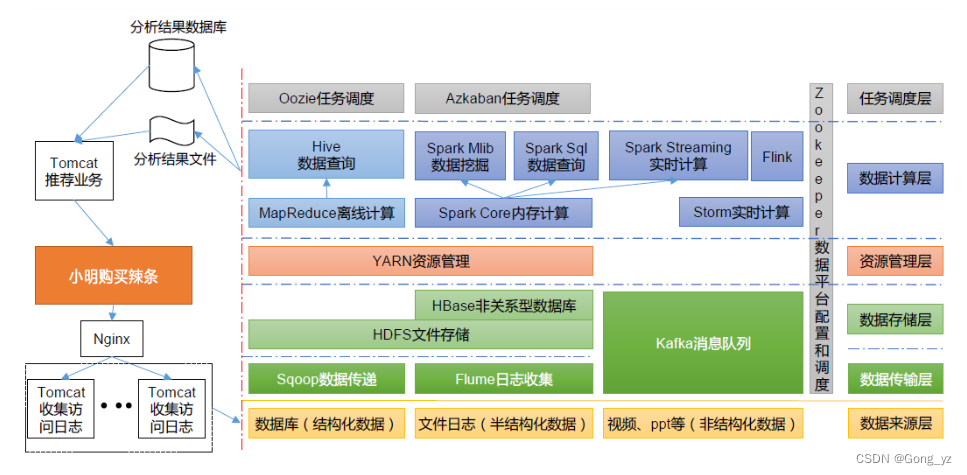

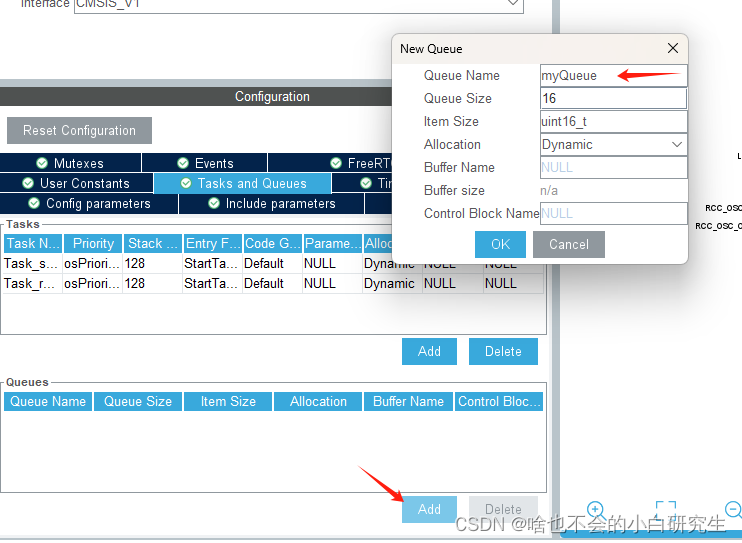
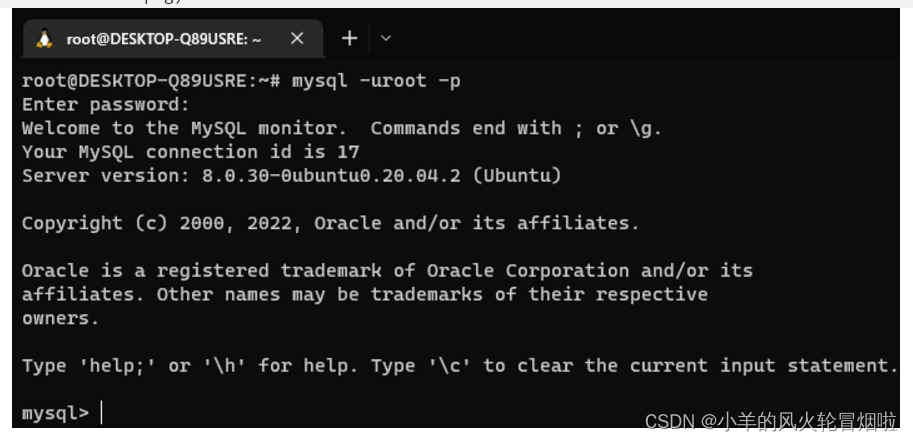
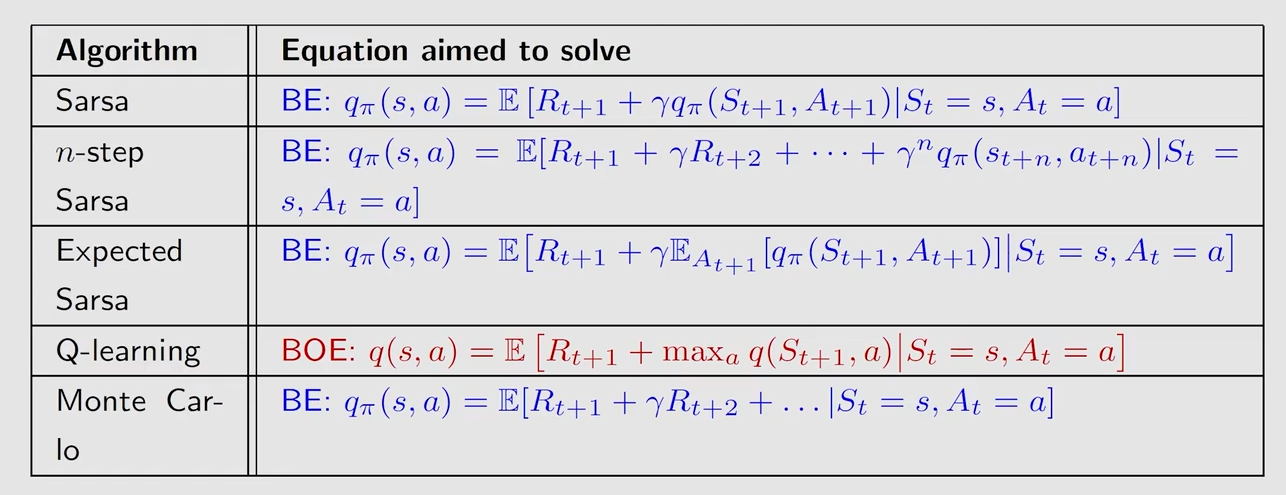
![[算法总结] 十大排序算法](https://img-blog.csdnimg.cn/img_convert/43e614b2f60c2b3e4904643ff4bb74f7.jpeg)

![[MySQL]数据库概述](https://img-blog.csdnimg.cn/direct/d532b71281fd452a902611020dcf7c14.png)